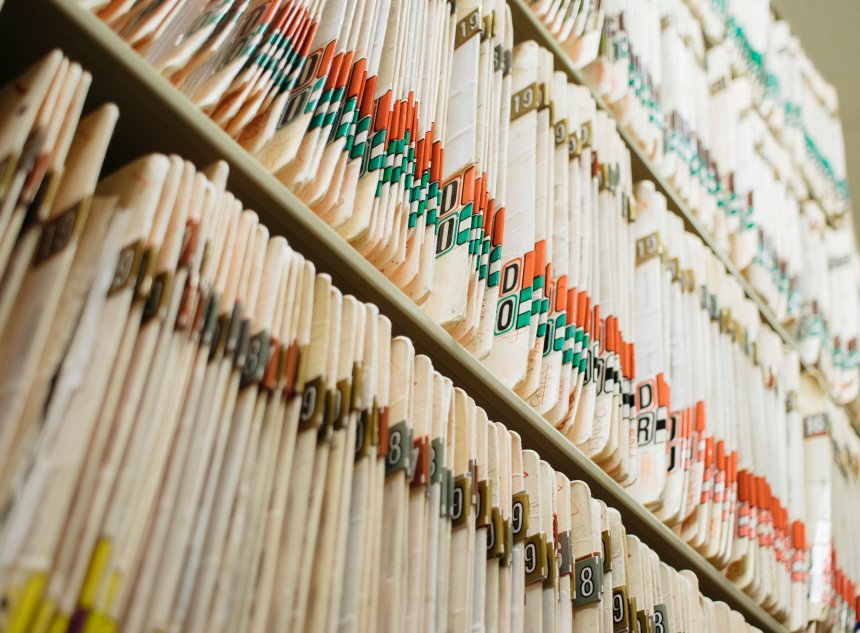Record-Keeping: What Your Town Must (and Must Not) Keep
Keeping the right records, and letting go of the rest, helps your town operate more efficiently and stay in compliance with state laws. When in doubt, consult your records retention schedule or call your regional state archives office.

In every town office, paperwork seems to multiply overnight, from meeting minutes and permit applications to emails, receipts, and hand-written notes. But not every document belongs in a file cabinet forever. In fact, keeping the wrong records too long, or disposing of the right ones too soon, can put a town at legal and financial risk.
Proper municipal record-keeping is both a best practice and a legal obligation. Here’s a practical guide to what your town must keep, may discard, and must never retain indefinitely, based primarily on New York State’s records retention guidelines (with principles applicable in most states).
Why Record-Keeping Matters
-
📂 Legal Compliance – Towns must follow state-mandated retention schedules.
-
🧾 Accountability – Accurate records prove how and why decisions were made.
-
🛡️ Protection – Good records reduce liability and support defense in legal disputes.
-
💸 Financial Audits – Clear documentation is essential for grant compliance and state audits.
-
🏛️ Historical Preservation – Some records hold long-term community or archival value.
What Your Town Must Keep (for a While or Forever)
The State Archives of New York (and other states with similar systems) provide Records Retention Schedules like LGS-1, which outline mandatory retention periods. Here are common categories:
✔️ Permanently Retain:
-
Town Board Meeting Minutes
-
Adopted Resolutions and Local Laws
-
Deeds, Easements, and Permanent Contracts
-
Annual Financial Reports
-
Official Maps and Plats
-
Election Results and Canvasses
These are part of your town’s permanent record and must never be destroyed.
⏳ Retain Temporarily (3–6 years on average):
-
Building Permits (6 years after expiration or denial)
-
Invoices and Purchase Orders (6 years)
-
Employee Time Records (6 years)
-
Dog Licenses (3 years after expiration)
-
Highway Work Orders (6 years)
-
Routine Correspondence (as short as 1 year, depending on content)
Retention times vary based on purpose and context. Always refer to the most recent retention schedule for specifics.
What Your Town Should Not Keep Indefinitely
It may seem safer to keep everything “just in case,” but over-retention creates clutter, raises storage costs, and increases legal discovery risks. Dispose of records that:
-
Have met or exceeded their retention period
-
Are duplicates of official versions
-
Contain drafts or notes no longer relevant
-
Are routine transmittals (e.g., "FYI" emails or cover sheets)
Just make sure disposal is documented and approved according to your town’s policy.
How to Dispose of Records Properly
Before purging any record:
-
Check the retention schedule.
-
Confirm destruction is authorized.
-
Create a Record Disposition Log listing what was discarded, when, and by whom.
-
Shred confidential or personally identifiable information.
-
Get approval (some states require town board authorization or state permission).
For historical records, consult your Records Management Officer or local historian before destroying anything unique or potentially valuable.
Best Practices for Staying Organized
-
🗂️ Label files clearly by category and year
-
📅 Schedule regular record reviews (annually or bi-annually)
-
📥 Use digital archiving when possible, but comply with digital retention rules
-
🧾 Train staff on what’s a “record” and what’s not
-
📜 Create a written records management policy adopted by the board
Keeping the right records, and letting go of the rest, helps your town operate more efficiently and stay in compliance with state laws. When in doubt, consult your records retention schedule or call your regional state archives office.
Remember: good record-keeping isn’t about holding onto paper. It’s about protecting your town’s history, credibility, and future.

















